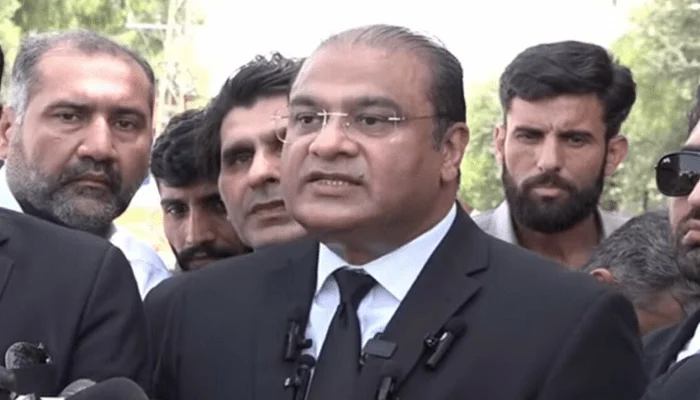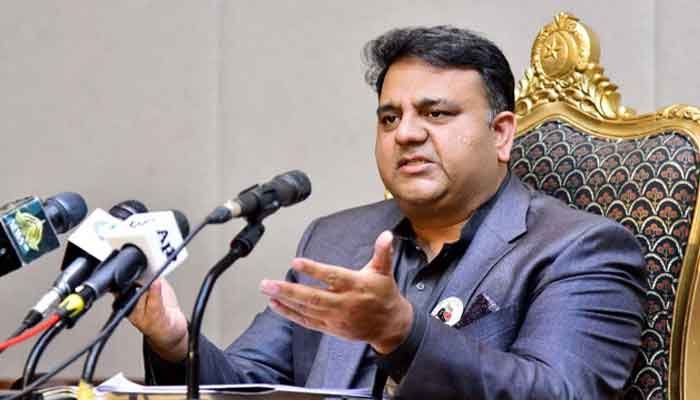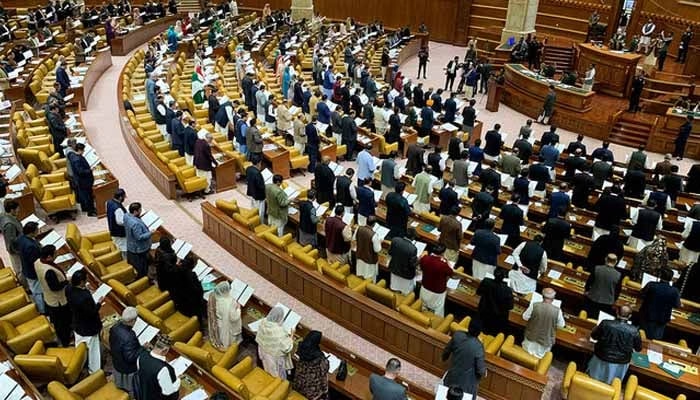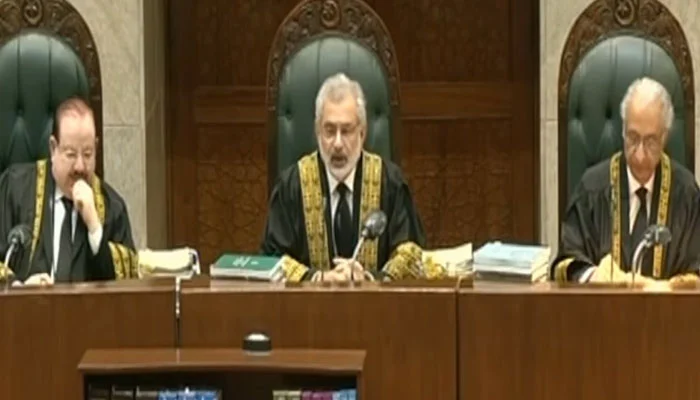Barrister Salman Safdar, the lawyer representing Imran Khan, the Chairman of Pakistan Tehreek-e-Insaf (PTI), has expressed concerns over the pace and pressure of the trial in the Saif-ur-Rehman case. Speaking to the media outside the Adiala Jail, he highlighted that multiple witnesses have been presented one after the other, indicating a rush in the proceedings. He also commented on the heavy burden placed on both the witnesses and the prosecution.
Salman Safdar noted that the trial appears to be moving forward swiftly and under considerable pressure. He mentioned that one witness after another has been called to testify, creating a sense of urgency and a need for expeditious proceedings. The pressure seems to be mounting on the witnesses and the prosecution alike.
He pointed out that the Federal Investigation Agency (FIA), the prosecuting agency in the case, seems to be under significant stress due to the speed at which the trial is progressing. This speed can be attributed to the multitude of witnesses who have been brought forward.
Barrister Salman Safdar also shed light on the involvement of the Ministry of Foreign Affairs in the case, stating that they had presented three witnesses. However, he pointed out that no complaint had ever been lodged by the Ministry of Interior, the plaintiff in this case. This raises questions about the motivations and the nature of the case.
Furthermore, he mentioned that the trial’s rapid pace and the pressure on witnesses and prosecutors are evident from the recent statements made in court. The pressure on both sides was palpable during the proceedings.
Regarding the statements of Shah Mahmood Qureshi, Pakistan’s Foreign Minister, he noted that if there were any issues to address, the Ministry of Foreign Affairs should have been the complainant in the case. However, the Ministry of Interior is the plaintiff in this case, which raises questions about the basis of the charges and the involvement of different government bodies.
Barrister Salman Safdar went on to explain that on Friday, three more witnesses were summoned, and it seems that the statements of all six witnesses will be completed this month. He expressed hope that the trial would not be rushed in the upcoming weeks, as maintaining a balanced and fair legal process is crucial.
He also noted that all allegations, including the foreign funding case and the Zia-ul-Haq judge case, have reached a point of zero progress, with Saif-ur-Rehman’s case now being the focus. This shift suggests a continuous shift of focus and the lack of substantial progress in the aforementioned cases.
The concerns raised by Imran Khan’s lawyer shed light on the dynamics of the ongoing trial and the pressure being exerted on both the prosecution and the witnesses. The speed at which the trial is progressing, along with the involvement of various government bodies, has prompted questions about the transparency and fairness of the legal proceedings.
As the trial in the Saif-ur-Rehman case continues, it remains to be seen whether the concerns raised by Barrister Salman Safdar will impact the pace and outcome of the proceedings. The trial’s progression and its potential implications on Pakistan’s political landscape will be closely monitored by observers and the general public in the weeks to come.



